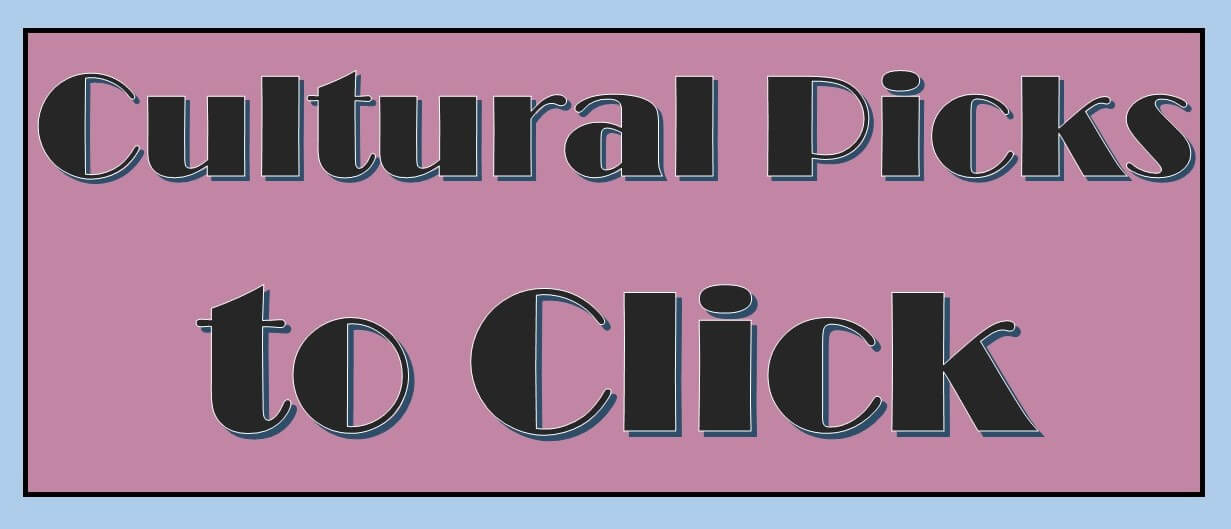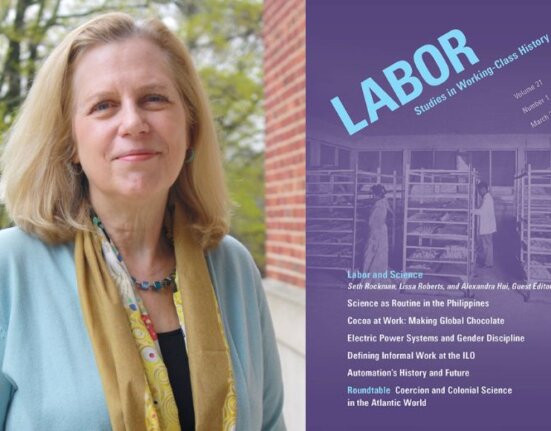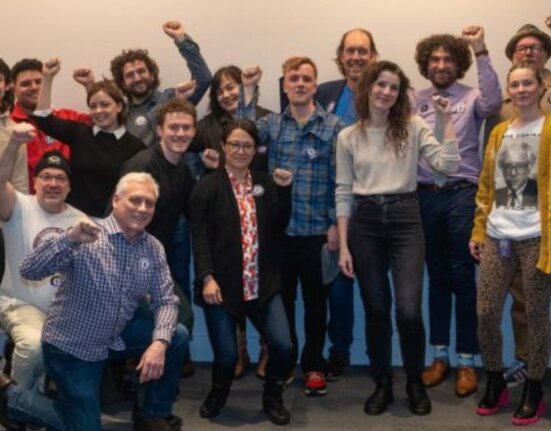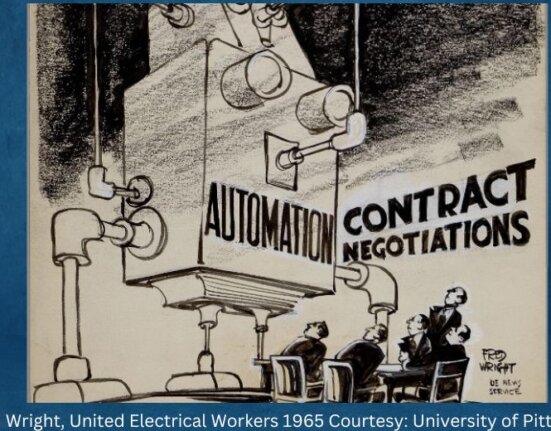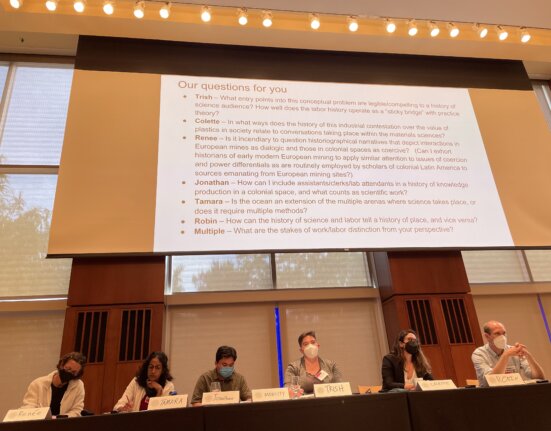One of my favorite quotes from Mother Jones is “Sit Down and Read. Educate Yourself for the Coming Conflicts.” While she had a reputation as an agitator, much of her organizing stamina came from the soul-nourishing books she returned to again and again. For example every year she’d read Les Misérables; the immersion into the world of Jean Valjean steeled herself for the next battle. Even someone who seemed the quintessential agitator needed a deep well for reflection.
So as we are in this time of forced isolation amid looming conflicts, it’s nice to provide this initial list of books, podcasts, movies, series TV, and music — from labor historians who shared their go-to current recommendations. Thanks to Leon Fink for starting us off and suggesting the catchy title to this blog.
It would be great to offer a list regularly. What is your Cultural Pick to Click? Please consider replying below, or on social media in the comments/reply, or to me at rfeurer@niu.edu to keep adding to this list.
Leon Fink, editor of Labor: Studies in Working Class History:
“Blow the Man Down” working-class Maine murder mystery
“Occupied” (Norway), environmentalist thriller
Music: two new Dylan songs, Murder Most Foul and False Prophet
Eileen Boris, Hull Professor and Distinguished Professor of Feminist Studies, University of California, Santa Barbara
We watched “Wild Nights with Emily” about Emily Dickinson and her relationship with her brother Austin’s wife Susan about Amherst, Mass. elites
Also I liked David Simon’s version of Philip Roth’s The Plot Against America on HBO about class and race/ethnicity
We are now watching World on Fire on Masterpiece about WWII and class and many other matters.
Julie Greene, Professor of History at the University of Maryland, College Park & past President of Labor and Working Class History Association
There are lots of class/labor themes in recent literature:
Severance by Ling Ma;
Convenience Store Woman by Sayaka Murata;
Days Without End by Sebastian Barry;
also the recently translated Slave Old Man by Patrick Chamoiseau;
and, for that matter, the (also) older but newly published Barracoon by Zora Neale Hurston.
Susan Zimmermann, University Professor, Central European University, Vienna/Budapest (CEU People)
A film that is really fun to watch (… whatever flaws …) is Made in Dagenham
Ian Gavigan Editorial Assistant, LABOR, Ph.D. Candidate in History, Rutgers, New Brunswick
Gabe Winant and Alex Press’s surprisingly popular podcast about E.P. Thompson’s The Making of the English Working Class, which is called “Casualties of History,” is bringing really interesting, thoughtful, and frankly important discussion and analysis about the book and its enormous influence to an audience far beyond our subfield.
Randi Storch, Professor, SUNY-Binghamton
I really liked Ta-Nahisi Coates’s The Water Dancer. Somehow Coates packed all the best of slavery scholarship into a moving story complete with horror, tenderness, family, and magic.
Jacob Remes Clinical associate professor, Gallatin School of Individualized Study New York University
Blog posts:
Fiona Jenkins, “Did Our Employers Just Requisition Our Homes?” ANU Gender Institute. Australian philosopher Fiona Jenkins encourages us to think of “working from home” as our employer requisitioning our homes, which should make us more attendant to the uneven, socially determined inequalities and make us question what employers’ responsibilities are for our housing.
Magazine article:
Gregg Gonsalves and Amy Kapczynski, “The New Politics of Care,” Boston Review. In their third excellent article for Boston Review on the Covid crisis, Epidemiologist Gonsalves and legal academic Kapczynski argue that the first step toward rebuilding a society centered around care should be to develop a WPA-like Community Health Corps to conduct contact tracing and, eventually, enact large-scale policies toward building a happier, healthier populace.

